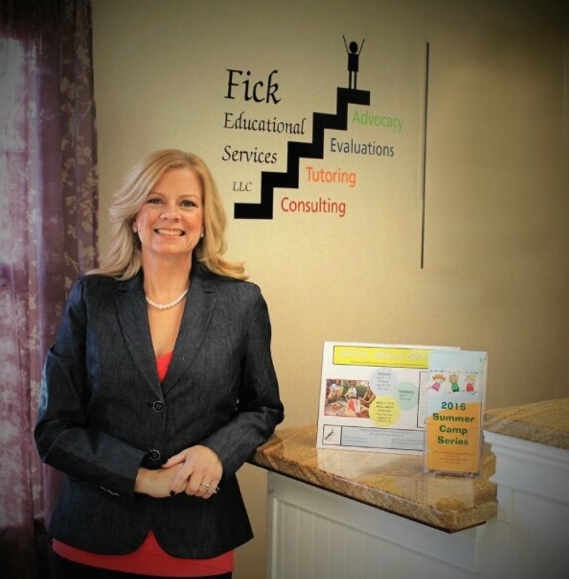The college application process is arduous for any high school student, but students who have an IEP have special considerations for each step of the process. IF you are the parent of a child with an IEP, you’ll notice that the process starts earlier and features a few more twists in the road. This post is designed to help you identify and prepare for those twists well before you have to face them.
- At the Start of High School, Secure Exam Accommodations
By the time your child enters 9th grade, you know that accommodations like extra time for testing, assistance reading question items, or specific test settings are secured at the start of the school year and honored throughout. However, accommodations outlined in IEPs or 504 plans are not automatically applicable on the SAT or ACT standardized test; those need to be secured with those organizations separately.In ninth grade, you should contact the SAT’s CollegeBoard or ACTs to make sure to obtain accommodations. The approval process can take months and may require more than just a copy of an IEP or 504 plan. Both testing bodies do make the process easy with online pages outlining eligibility and process. View the SAT Accommodations page here and the ACT Accommodations page here.
- Start Visiting Schools Early
Any high school student should be looking into exactly WHICH college to attend. This means doing research online, checking to see that your major is offered there, ensuring your grades and transcripts are up to snuff, and of course visiting the campus. This should be done upon entering high school and intensify as your child progresses through high school.A student with an IEP also should visit colleges with the unique intent of ensuring that they are prepared to help them meet and achieve their academic and social goals. Every college visit should feature a conversation about faculty and facilities being appropriate for the individual student. For example, if you visit a college that does not have staff, programs, and equip to accommodate a student who is hearing impaired and your child happens to be hearing impaired, it may be time to reconsider it as a real choice. Be open and frank in these conversations to make sure you can get the answers you need. - Have a Conversation About Living at Home
Maybe the idea of being away from home is appealing as a junior in high school, but many freshmen find living independent of their parents to be challenging. It’s important to have a conversation with your child where you talk openly about the pros and cons of living at home during some or all of college. Will they be comfortable and focused on academics if they have to manage their own time, meals, laundry, cleaning, scheduling, and responsibilities? Will phone calls and Facetime be enough to keep them from getting homesick?It may be prudent to consider attending a local school, even if just for two years before transferring to a four-year school away from home. If you feel your child is capable of living on their own or they’re adamant about going out of state, try giving them giving them more responsibilities while at home throughout high school, and have them spend weekends away from home with their friends or family members in a dorm. That should help you determine if commuting or living on campus is the best fit for your child. - Work With Tutors or Mentors to Prepare for College Applications & Exam
Almost every student struggles with the college application process. Even completing the Common App well doesn’t mean you won’t have to complete additional short answers, essays, or applications unique to the institution. And SAT and ACT tests are portrayed as insurmountable challenges for all students.Working with a tutor or mentor can help your student not only prepare to write about themselves in essays and achieve the best results on the SATs or ACT, but also help remove some of the stress from the unavoidable milestones. If you start preparing in Sophomore year, you can make sure your child knows these are a normal part of the process and will be tricky, but also be attuned to any concerns they may have during the process.
The bottom line is that every child has unique needs, and the application process for college is never one-size-fits-all. If your child has an IEP, your main objective is to help them find a higher education institution that can fit their needs. These are just a few tips pulled from multiple resources, but you can go to Understood.org to to see their toolbox. You can also reach out to us to discuss your child’s situation and see if there’s anything Fick Education can do to help them succeed.

 Fick Educational Services is devoted to the educational needs of the children through individualized learning plans, tutoring and advocacy.
Fick Educational Services is devoted to the educational needs of the children through individualized learning plans, tutoring and advocacy.

